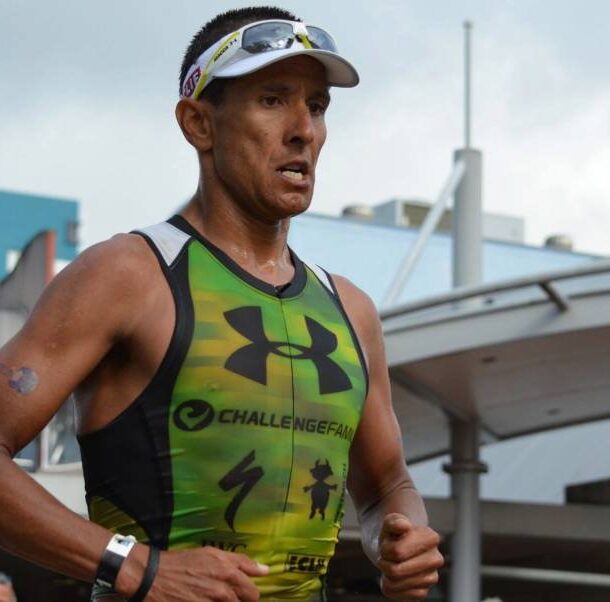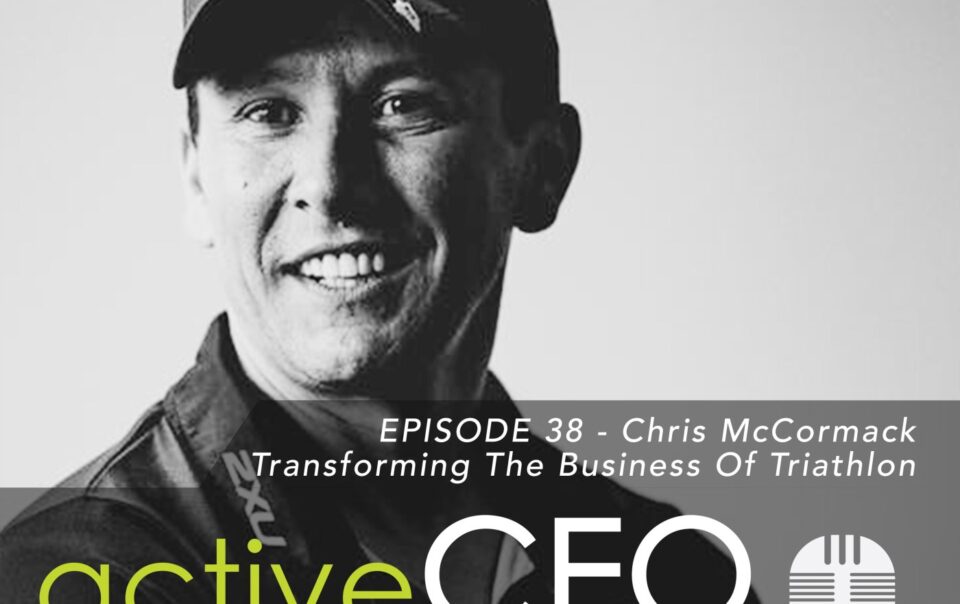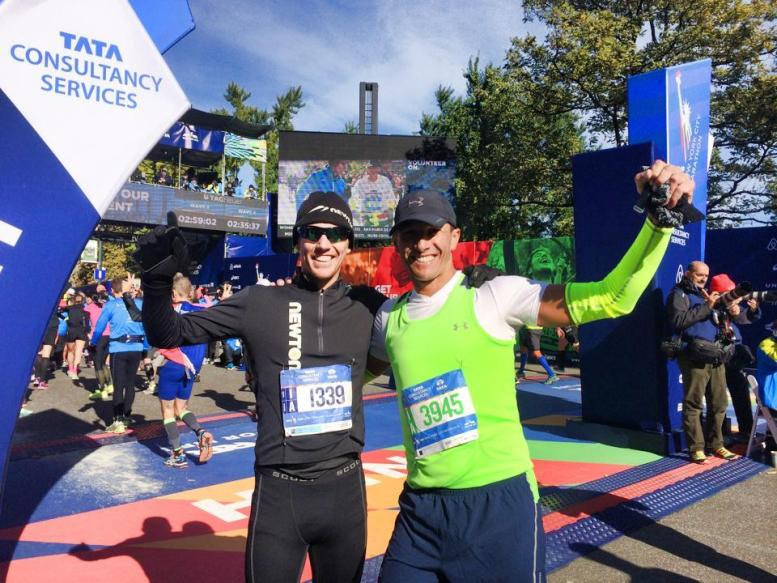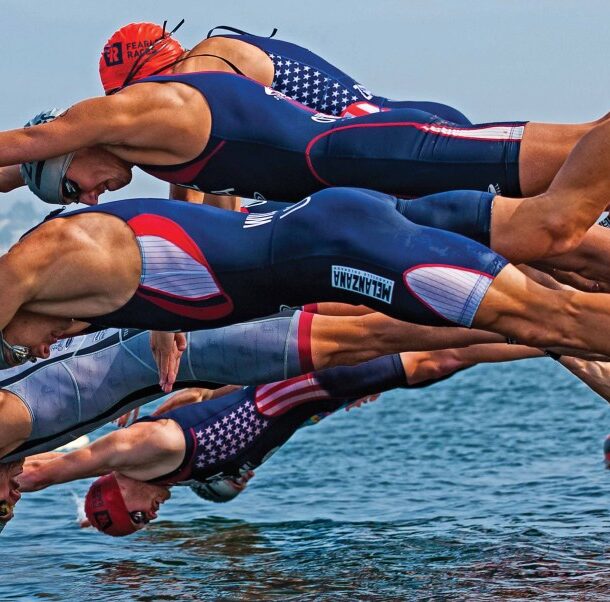
Chris McCormack chats about adjusting to life in Phuket, Thailand where he recently relocated for a new full-time role.
I had a chance to chat with Chris “Macca” McCormack over breakfast this morning at the Camayan Beach Resort in Subic Bay, Philippines, where he’s preparing to race the inaugural Challenge Philippines event on Saturday. I was curious to learn how the world champion triathlete is adjusting to life in Phuket, Thailand where he recently relocated for a new full-time role as the Executive Chairman of Thanyapura, the island’s world-class training and wellness megaplex.
Triathlete.com: How’s it going with the new job and getting you and your family settled into life in Phuket?
McCormack: It’s presented its challenges, frankly, but I’ve enjoyed it thoroughly. We just had the Davis Cup come through, which was really big. And I brought Debbie on [Debbie Dionysius, a beloved figure in the Asia-Pacific sports marketing community known for her prior role with the Laguna Phuket triathlons], and it’s been awesome working with her. The transition’s been good. I was more concerned with the family, but they seem to have all settled in. The kids are at school and we’ve got a great area where we live with lots of other kids. The ex-pat scene is a bit strange. There are the “normal” ex-pats, like Jurgen [Zack, Thanyapura’s senior triathlon coach] and the rest of the crew, and then there are just ridiculously out-of-this-world wealthy people–like beyond wealthy. That’s a totally different scene, which honestly seems to involve drinking 24/7! In my role I have to mix with everyone, so it’s been an interesting experience, though I prefer what I would call the more “normal” side of the ex-pat scene.
Triathlete.com: In terms of the job are you truly in the office every day? What are some of the things you’re enjoying about the role? What are some of the challenges?
McCormack: I am, yeah–eight to nine hours a day… There are so many things to do, so many swinging parts, and we have so much on the horizon that we’re always planning several months ahead. It’s hard work! I have a much, much better appreciation for age-group athletes. As a pro you talk to amateurs all the time about time management and achieving that balance–but you really don’t have a clue. When you’re not forced to do that you don’t really know what it’s like.
Probably the most interesting thing for me has been getting to know how some different sports work, especially tennis. As part of the school at Thanyapura we’re adding a boarding school for the new year, and we’re trying to roll out high performance programs for swimming, tennis and triathlon. I’ve learned that tennis involves serious, serious money. It’s the same principles as triathlon when it comes to pitching something–exactly the same hustle–but you just add two more zeros! In talking to a tennis coach and asking what it would take to get him to come Phuket, his answer was, “1.5 a year.” So I’m thinking $150,000–but no, he meant 1.5 million! It’s ridiculous the money these guys make. Maybe I should be an agent for tennis!
But I’m really enjoying learning about other sports. It’s easy to think with triathlon that we’re a niche sport in our own little strange way, but really all sports are like that–just some niches are bigger than others. It’s nice to realize that everyone’s obsessed with their own sport in the same way. The fundamentals are the same–high performance, how do you get the best out of yourself, selling a sporting asset, packaging it and presenting it. So it’s good to see that we’re not as strange as we sometimes think we are in triathlon.
So that’s been good. The hard part has been managing people and understanding how to manage people in a culture that’s very different to mine. Understanding the Thai culture–things like saving face and the ways that you deal with people. It’s just a different world, but the bottom line is it’s their country and you learn to work within that world.
Triathlete.com: Welcome to the corporate world!
McCormack: I know! It’s funny, because I don’t know how many times I’ve done corporate speeches, but I’ve never worked in my life. I stand up in front of these people and tell them it’s all about time management, but I’ve never realized the fatigue of a job. By the afternoon, you’re done. I always thought you’re just sitting in an office, it can’t be that tiring, but you don’t realize the stress level and the mental fatigue. I get home sometimes and I’m like, “Give me a beer. I’m done!”
Read the full article on Triathlete.com.
Philosophy
“Great things happen to people who make great things happen.”
Navigate
chris@macca.com
Terms & Conditions
Privacy Policy




